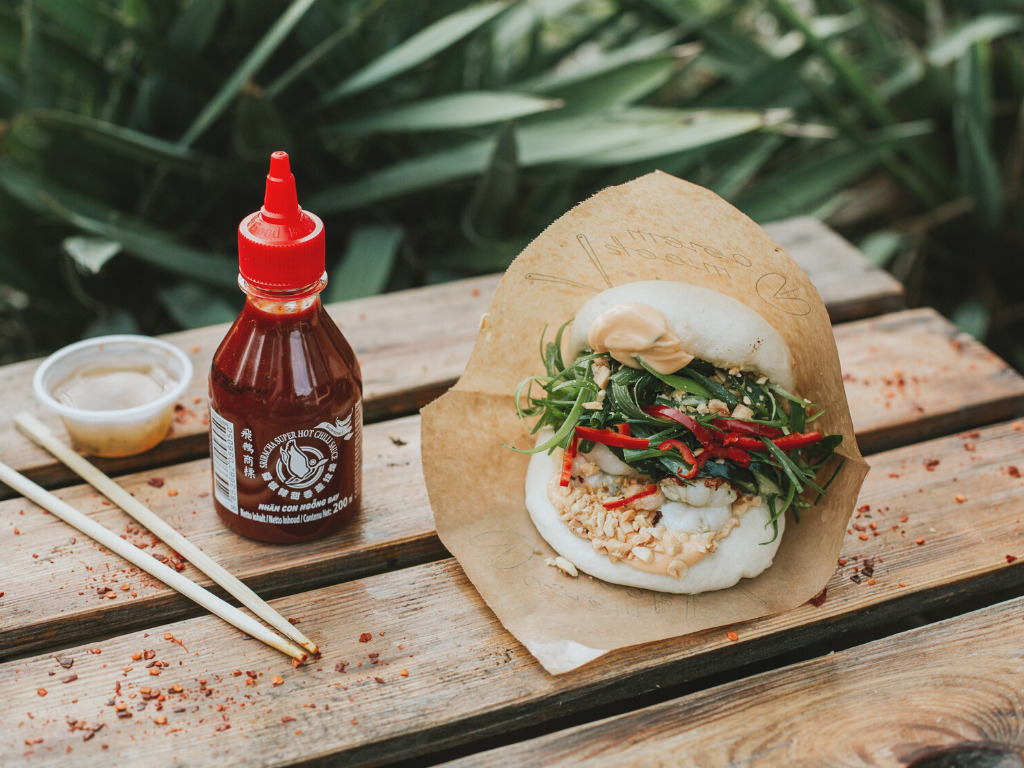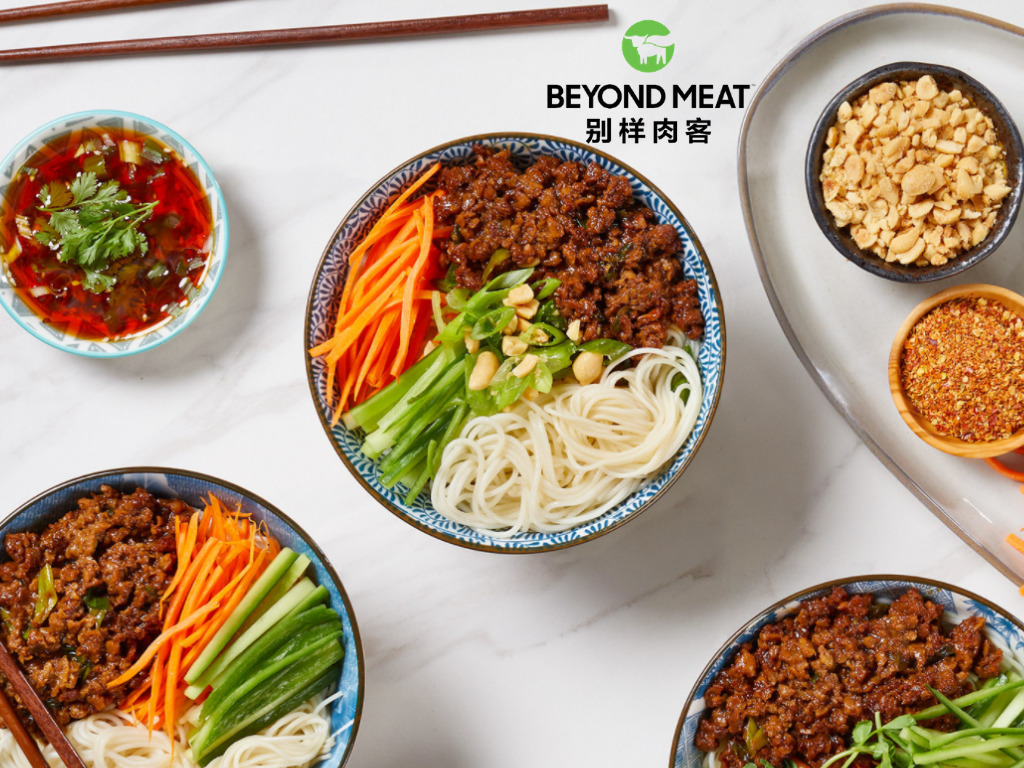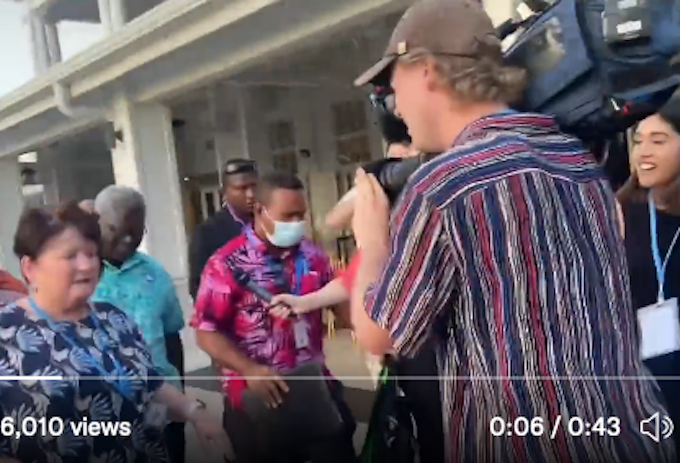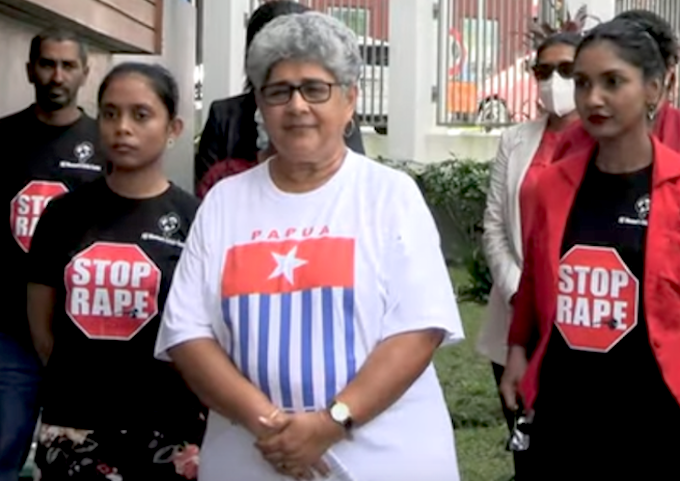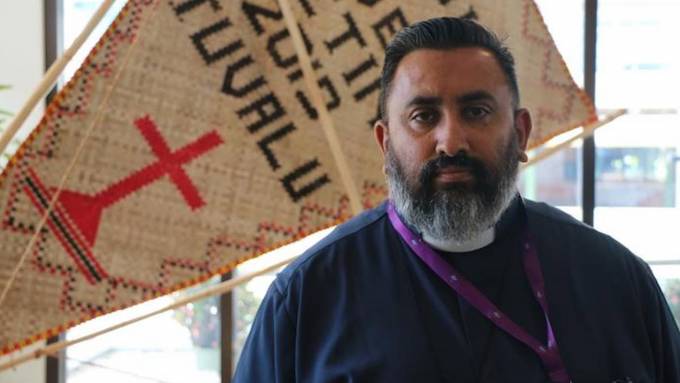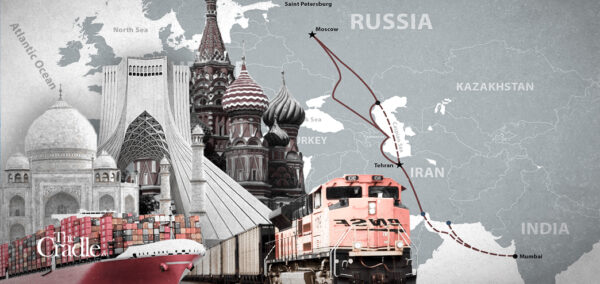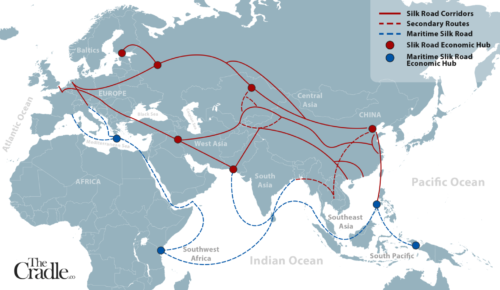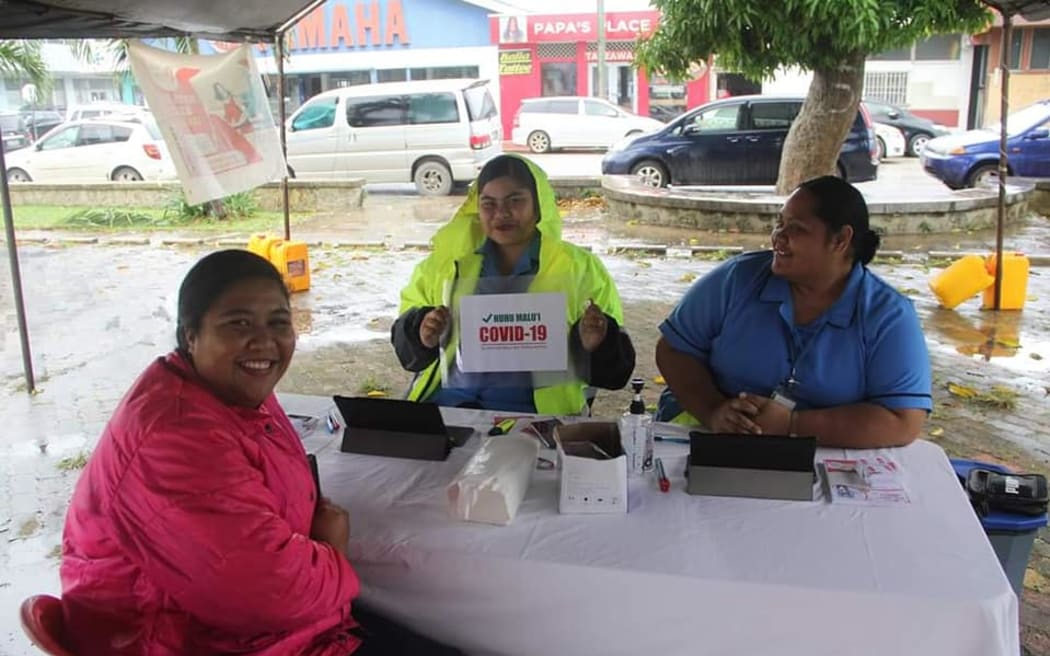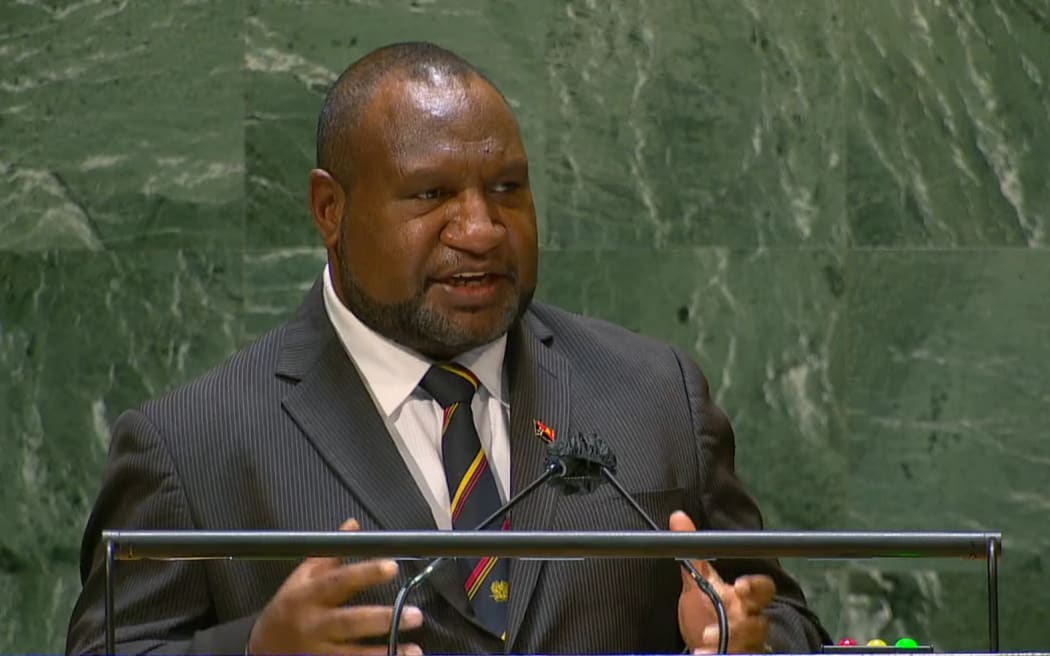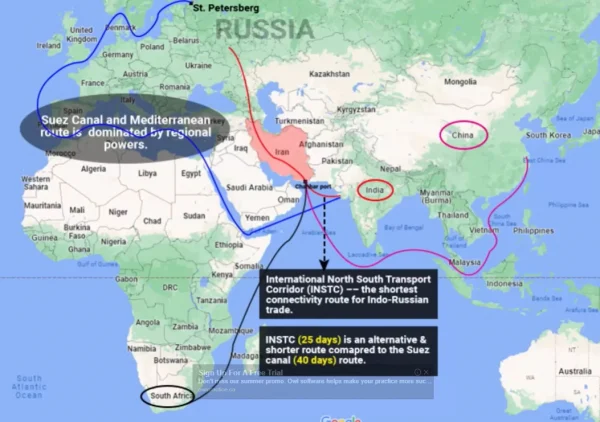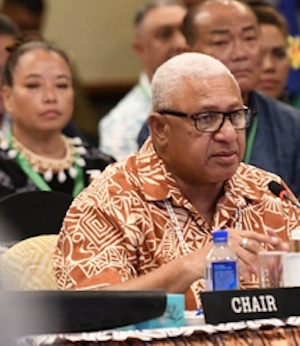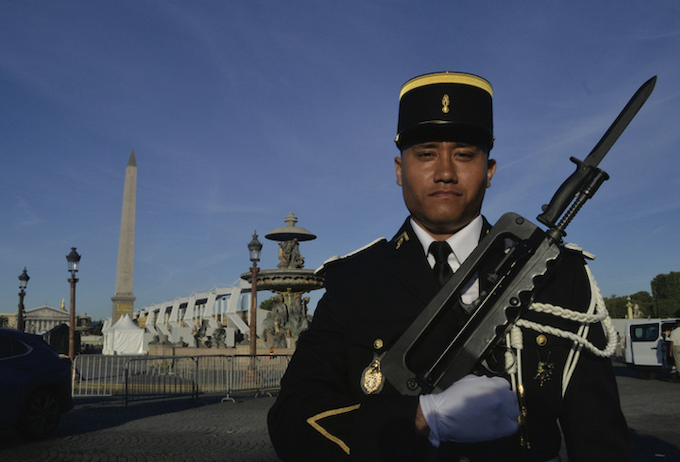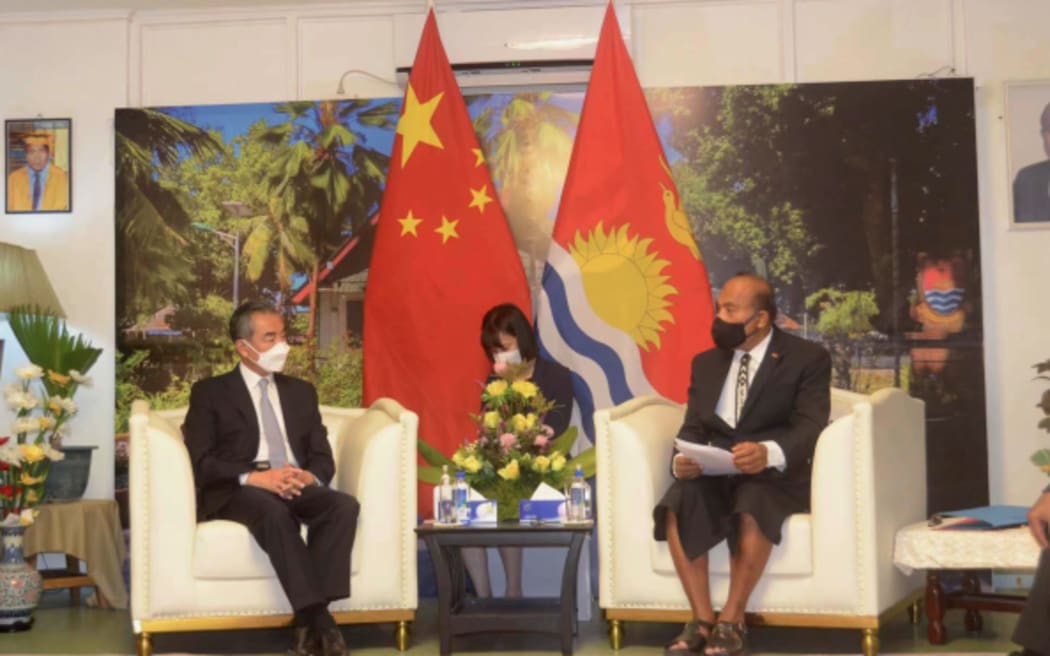• This article was first published by the International Monetary Institute, China.
Under normal circumstances inflation occurs when too many monetary units (US-dollars, Euros, Chinese Yuan) chase too few goods. But we are not living in normal times. To the contrary. We are living in an increasingly divided world, not only in political terms – West vs. East / Global North vs. Global South – but also in monetary terms.
The gradual but ever faster faltering of the US-dollar hegemony, followed by related so-called hard currencies, like the Euro, the British Pound, the Japanese Yen, as well as the Australian and Canadian dollars – is giving eastern currencies, especially the Chinese Yuan and to some extent also the Russian Ruble a thrive towards stability.
Why is that? For a number of reasons. First, the Chinese Yuan and the Russian Ruble, as well as many other eastern currencies, are backed by their economies and in both cases also by gold. For that reason alone, they have an inherent stability that western fiat currencies – which are based on nothing – do not have.
A new and coming eastern currency stability mechanism may soon be a basket of some twenty commodities that are widely and universally used, in addition to the strength of the local economy.
This idea is not new, but has recently been reintroduced by Russia’s Sergei Glazyev. As of 2021, he is the Commissioner for Integration and Macroeconomics within the Eurasian Economic Commission, the executive body of the Eurasian Economic Union. Sergei Glazyev is also President Putin’s economic advisor.
It is a clear distinction from western fiat currencies which are based on no solid substance, other than debt creation. In other words, western dollar-based currencies, beginning with the US-dollar itself, are unsustainable pyramid schemes which sooner or later are bound to implode, or at best, gradually collapse.
What we are witnessing today is a steady decay of western currencies which are currently been artificially propped up by manipulation of interest rates, as well as artificially caused inflation, based on artificially created shortages of food, energy and other commodities. The pretext used for such shortages – totally false indeed – is the Russian-Ukraine war.
Such shortages, especially food shortages and resulting mass famine, had been planned for over ten years and were already reflected in the 2010 Rockefeller Report. They are being carried out now.
In today’s (western) world, inflation and monetary (in)stability are manufactured or manipulated. They are being used like “cold war” weapons by the west internally, initiated by the US, to play western currencies against each other and to assure dollar hegemony will continue. To the extent possible and especially through the east-west trade-related interdependency, mostly through the powerhouse China, the west is hoping to also destabilize the economies of the Shanghai Cooperation Organization (SCO) members, especially China.
China’s western currency reserves amounted in May 2022 to some US$ 3.12 trillion equivalent, at least two thirds of which are in US-dollar denominated assets. Given the Chinese, US, as well as western economies’ trading interrelation, dedollarization remains a challenge for China.
The Federal Reserve – FED
Despite forecasters’ expectations of a half-a basic point increase, under the pretext of fighting inflation, the FED announced on June 15 the largest interest rate hike in 28 years, namely an increase of three-quarters of a percentage point — the biggest hike since 1994. That follows a quarter-point increase in March and a half-point jump in May. On July 5, 2022, the FED’s base rate was between 1.5% and 1.75%.
This, the FED said, was a move towards regaining control over soaring consumer prices.
However, consumer prices were up 8.6% from a year ago. In other words, the FED pretends to fight an 8.6% annual inflation with an interest rate hike of less than 2%. This is unrealistic.
The real reason for these sudden interest rate increases is to be sought elsewhere. Namely, the gradual but steady loss of the US-dollar’s value in the global monetary market. This has to do with a number of factors, among them the steadily faltering trust in the US economy, but predominantly with Washington’s dollar-based worldwide “sanctioning” of countries that do not conform to US policies, but instead want to preserve their political and economic sovereignty.
Increasing interest rates is expected to draw investors to dollar denominated assets, at least temporarily; thereby “postponing” the collapse of the US-dollar hegemony.
The global flow of US-dollars accounts today for between 50% and 60% of all trading currencies in the world. With this quantitative supremacy, plus interest rates increases, the US-dollar may be able to extend her currency domination provisionally – but the fall of the dollar and dollar-related and dependent currencies will undoubtedly follow.
The result of this FED interest hike can already be seen, in as much as the exchange rate US dollar and Euro is almost 1:1, and the dollar is moving in the same direction vis-à-vis the British Pound.
The inflation-driven price increases reflect not only rising costs for gasoline and groceries, but also for rent and airfares and a wide range of services.
Overall, however, the FEDs interest hike, even at a record-level over the past almost 30 years, does not stop or even brake inflation – which is expected to soon enter the two-digit dimension. The gap between base-interest and inflation is too wide. But it may bring temporarily more stability to the US-dollar.
What is China doing for their currency’s – the Yuan’s – stability?
In addition to having already a real economy-based currency, and the prospect of moving towards commodity-based and backed currency, the State Council of China issued at the end of May 2022 a policy package, including 33 measures covering fiscal and financial policies, as well as policies on investment, consumption, food and energy security, industrial and supply chains, and people’s livelihoods. These are some highlights of the package:
— In finance, China will further enhance value-added tax credit refund policies and quicken its fiscal spending schedule. Local government special bonds issuance and utilization will be accelerated with a service extension. Government financing guarantee policies will be activated and social security premiums deferral and employment support policies will be enhanced;
— In terms of monetary and financial policies, China encourages delayed repayment of capital and interests on loans for small and medium-sized enterprises, self-employed individuals, truck drivers, and personal housing and consumption loans affected by COVID-19. Inclusive loans to micro and small businesses will be expanded. Real lending rates will be stable with a slight decline, and improvements will be made to the financing efficiency of capital markets;
— In stabilizing investment and promoting consumption, China will accelerate some approved water conservancy projects and speed up investment on transportation infrastructure, continue to build urban underground pipelines, stabilize and expand private investment, promote the healthy and standardized development of the platform economy, and stimulate purchases of cars and home appliances;
— Regarding food and energy security, policies on grains profit guarantee for farmers will be intensified. Quality coal will be produced while ensuring safety, environment-friendliness and efficient utilization. In addition, some major [alternative] energy projects will be launched;
— To stabilize industrial and supply chains, China will reduce utility costs for market entities, gradually reduce and exempt their rent, and help ease the burden on sectors and companies severely affected by the pandemic. Enterprises’ work resumption and smooth transportation and logistics policies will be optimized. More support will be provided to logistics hubs and enterprises. Major foreign-funded projects will be prioritized to attract foreign investments; and
— As for policies concerning people’s livelihoods, China will implement support policies for housing provident funds, bolster the employment and entrepreneurship of rural migrant population and rural labor, and enhance social security guarantee measures.
From a Uni-Polar to a Multi-Polar World
The future points clearly away from a western-dominated unipolar world or One World Order (OWO) to a multi-polar world, that may be based on some strong economic “hubs”, while preserving individual countries’ sovereignty.
The above policies are to strengthen and stabilize in the long-term the Chinese economy – which will be further enhanced by trade and political association with other related regional economies, like those of the Eurasia Economic Union (EAEU), the SCO, as well as further down the road the BRICS+ countries.
Among the particular socioeconomic achievements that will keep China’s and associated currencies and financial systems stable and apart from the western shortage and inflation-driven economies, is the ASEAN-plus Five world’s largest and most comprehensive free-trade agreement, the Regional Comprehensive Economic Partnership (RCEP).
The RCEP is a free trade agreement among the Asia-Pacific ASEAN nations of Brunei, Cambodia, Indonesia, Laos, Malaysia, Myanmar, the Philippines, Singapore, Thailand, and Vietnam. The trade deal also includes five non-ASEAN signatories, Australia, New Zealand, Japan, South Korea and China.
The RCEP is the world’s largest free trade agreement. It was negotiated during eight years and entered into effect on 1 January 2022. According to a recent UN Conference on Trade and Development (UNCTAD) study, it represents 30.5% of the world’s GDP. The only other blocs coming close to that are the US-Mexico-Canada agreement – NAFTA (28%) and the EU (17.9%).
The RCEP is expected to expand quickly, as the 15 countries will likely generate world-embracing dynamics, while at the same time remaining self-contained as a sovereign bloc, meaning trading within and protected from western influences.
The bloc’s trading currencies will be predominantly the Yuan (a digital yuan primarily for international trade is expected to be rolled out possibly as early as later this year or early 2023), but also local currencies – but not the US-dollar and other western currencies under the dollar hegemony.
Another element for enhancing eastern financial stability, is the BRICS bloc (Brazil, Russia, India, China, South Africa). Earlier this year, Iran applied for BRICS membership. Iran is already a member of the SCO.
At present, the BRICS represent 40 percent of world population, 25 percent of the global economy, 18 percent of world trade. The BRICS are the fastest growing bloc of countries, contributing some 50% to world economic growth.
Finally – but not least – is the interrelated Belt and Road Initiative (BRI), initiated by President Xi Jinping in 2013. The BRI is also called the New Silk Road, inspired by the concept of the Silk Road established during the Han Dynasty over 2,000 years ago – an ancient network of trade routes that connected China to the Mediterranean via Eurasia for centuries.
In March 2022, the number of countries that have joined the BRI by signing a Memorandum of Understanding (MoU) with China is 146, plus 32 international organizations. The countries of the BRI are spread across all continents: 43 countries are in Sub-Saharan Africa.
The BRI has several trading routes, including maritime routes, connecting countries with transport and other infrastructure links, as well as joint ventures for energy exploitation or industrial production processes, cultural and educational exchanges, and many more country and regional links. It is “Globalization” with Chinese characteristics, where individual autonomies are respected.
This initiative goes hand in hand with another one, the Global Development Initiative (GDI), announced by President Xi Jinping at the UN General Assembly in 2021.
GDI complements BRI as a support and cooperation mechanism for large international financial and development bodies, such as the South-South Cooperation Fund, the International Development Association (IDA is part of the World Bank Group), the Asian Development Fund (ADF), and the Global Environment Facility (GEF).
This eastern, China-based network of mutually enhancing financial institutions, trade agreements, economic policy think tanks – and much more – shield against western attempts to interfere with and destabilize these eastern bloc financial, economic and monetary mechanisms.
These networks also represent a stronghold for a sound future for an eastern-led socioeconomic development framework – a solid base for a common future in PEACE for mankind.
The post
Global Inflation and China’s Measures to Stabilize Her Economy first appeared on
Dissident Voice.
This post was originally published on Dissident Voice.

